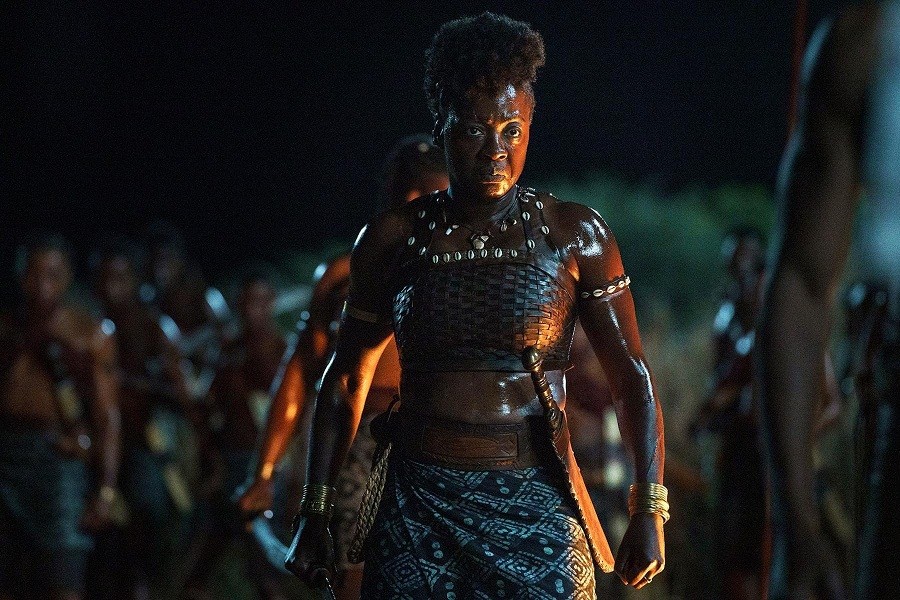The African continent has a vast and diverse history and culture, but very little is represented on-screen. Since the worldwide success of Black Panther, where black characters are represented in a majority, African culture has received much attention in Hollywood.
Recently, the historical epic The Woman King was released worldwide, based on Agojie, the historical all-female warrior unit part of the West African kingdom of Dahomey, which existed in the 1820s.
Nanisca (played by Viola Davis) is the lead protagonist and the leader of the Agojie warriors. She can defend herself, but years of abuse and the primal urge to survive led her to become that fighter.
Even after having such power, she is still looked down upon and not accepted in mainstream society; her only shelter is working for the Dahomean King, Ghezo.
A new recruit joins her team; she also has nowhere else to go, shunned by her family for not agreeing to marriage. Soon, Nanisca finds out there is a familial relationship between them. Together, they fight for the Kingdom of Dahomey against the enslaver and rival Oyo Empire.
The Woman King is about the struggle of women to achieve a respected place in society. Nanisca's perseverance shows that no matter how much she is skilled, how many wars she wins for her king, and how much she cares for her people, she will never achieve the respect she deserves in this male-dominated world. This is Viola Davis's first acting role, and she plays it masterfully despite being 57 years old.
Director Gina Prince-Bythewood did a bold job portraying African culture, but she's a bit biased here.
The Kingdom of Dahomey was also involved in slavery historically, whereas, in this film, they are presented as the liberators of the enslaved people. This reason could be that Prince-Bythewood wanted to portray the heroism of the warrior women and overlook their controversial history.
The Woman King is an ambitious film that depicts the female protagonist working her way up to equal status with the male leader. Moreover, the combination of feminism and African history looks interesting.
This film showed some hope that the global audience may finally get to see more representation of African culture, which has gotten little to no attention in the past century.


